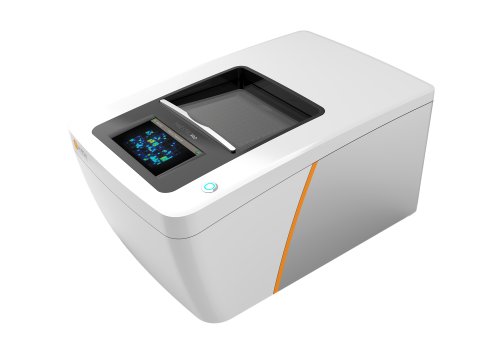Watch the Innovation Showcase from ISSCR 2021 presented by Evangelos Kiskinis, Ph.D. and David Belair, Ph.D.
Using electrodes embedded in the culture surface of multiwell plates, Axion BioSystems’ Maestro Pro MEA system measures real-time neural activity from iPSC-derived neurons cultured in the wells.
What you will learn in this webinar:
Epilepsy – Dr Evangelos Kiskinis’ lab (Northwestern University) isolated cells from patients with KCNQ2 epilepsy and used these cells to create iPSC-derived neurons with or without the mutation. When the electrical activity of these neurons was recorded using the Maestro MEA system, it was highly reminiscent of the patterns seen on electroencephalograms (EEGs) of patients with the mutation. Targeting the dyshomeostatically altered ion currents caused by the KCNQ2 mutation might offer an alternative therapeutic strategy for the cognitive and developmental deficits in KCNQ2 epilepsy.
Neuropathy – Chemotherapy-induced peripheral neuropathy (CIPN) is a common and debilitating adverse event that can alter patient treatment options and halt candidate drug development. However, translating preclinical neuropathy findings to humans proves challenging as no robust in vitro models of CIPN exist. Using commercially available hiPSC-derived peripheral neurons (PN) and the Maestro MEA system, Dr David Belair and colleagues at Bristol Myers Squibb demonstrated the utility of the hiPSC-PN MEA assay for evaluating CIPN in vitro that could serve as a suitable counter-screen to de-risk CIPN liability.


